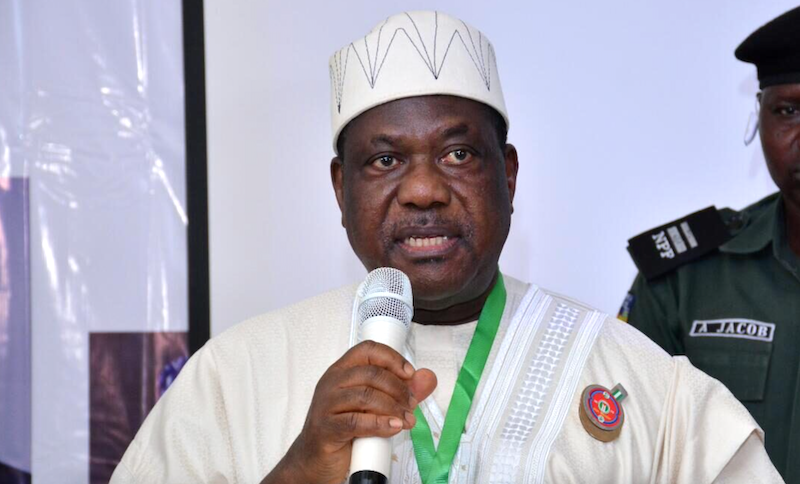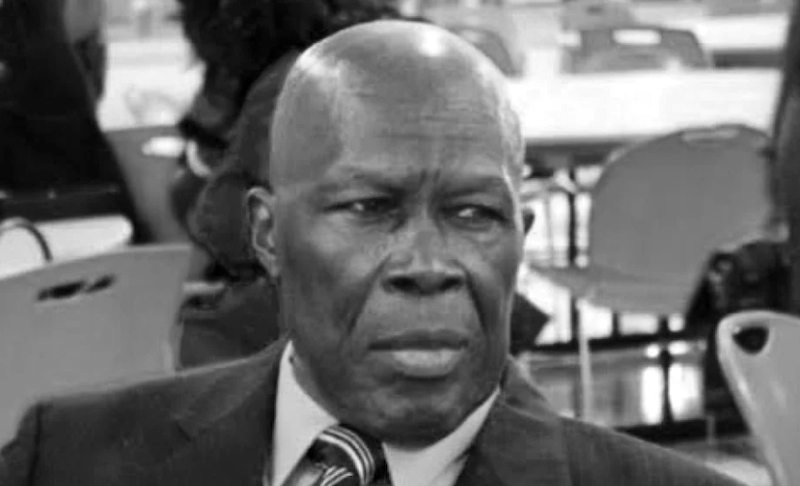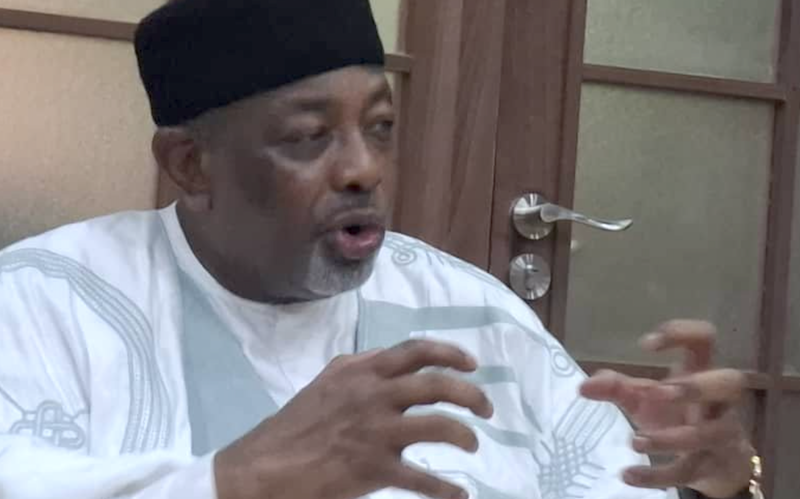The Energy Commission of Nigeria (ECN) has organised a high-level training workshop to build stakeholder capacity on the newly approved Minimum Energy Performance Standards (MEPS) for air conditioners in Nigeria.
The training was done in collaboration with the UN Environment Programme (UNEP) and the Standards Organisation of Nigeria (SON).
The workshop, held on Tuesday in Lagos, is part of the project titled “Scaling Up Energy-Efficient and Climate-Friendly Cooling in Nigeria NDC Review,” funded by the Clean Cooling Collaborative.
The project seeks to accelerate Nigeria’s transition to energy-efficient and low-Global Warming Potential (low-GWP) cooling technologies, aligned with the country’s Nationally Determined Contributions (NDCs) under the Paris Agreement.
In his address, the Director-General of ECN, Dr Mustapha Abdullahi, emphasised the urgent need for sustainable cooling solutions in light of rising demand and environmental concerns.
He said Nigeria must adopt innovative and climate-friendly technologies that reduce energy consumption and minimise environmental impact.
Abdullahi noted that the ECN, as Nigeria’s lead agency on energy planning, is spearheading this re-orientation in partnership with UNEP and SON.
He explained that the revised MEPS, approved by the Federal Government in June 2024, are now ready for implementation.
He said the workshop was convened to raise awareness on the new standards, build technical capacity for compliance, promote stakeholder dialogue and feedback, and strengthen collaboration between government and private sector actors.
He added that effective implementation would contribute to national climate action efforts and align with the Renewed Hope Agenda of President Bola Tinubu.
Also speaking, Mr Lawal Ismaila, Head of Electrical at SON, said the MEPS aim to phase out inefficient and environmentally harmful air conditioners that consume excessive power and emit dangerous refrigerants.
He said the older models consume more energy and contain gases that damage the ozone layer, expose the population to harmful ultraviolet rays, and increase the risk of cancer.
According to him, the new standards promote energy-saving, environmentally friendly models that provide more efficient cooling with less power usage.
Ismaila urged manufacturers, importers, and end-users to become more aware of the dangers of outdated systems and the advantages of adopting modern, energy-efficient alternatives.
Dr Leslie Adogame, Executive Director of Sustainable Research and Action for Environmental Development (SRADev Nigeria), said that a country like Nigeria needs efficient energy systems to support growth and development.
He noted that MEPS would help the country attain energy efficiency, prevent the importation of substandard cooling equipment, and support Nigeria’s commitment to net-zero emissions under global climate agreements.
He called for broader advocacy and robust stakeholder engagement to ensure the effective adoption and enforcement of the standards.









